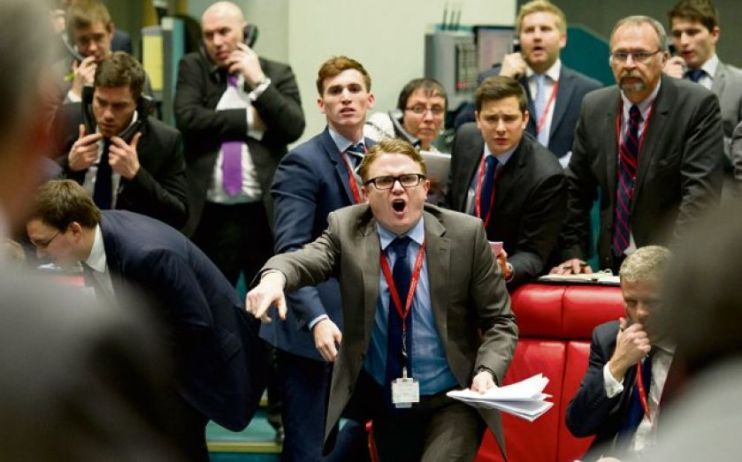Nickel crisis: LME faced ‘unprecedented circumstances’, lawyer claims

The 146-year-old exchange argues it was justified in closing the market and cancelling trades because $19.7bn of margin calls would otherwise have led to the defaults of multiple clearing members and created systemic risk.
The LME’s lawyer Jonathan Crow said on the second day of the hearing at London’s High Court that the exchange was faced with unprecedented circumstances.
“We are looking at what was literally a once-in-a-generation experience,” Crow said. “That demonstrates the complete abnormality of what the LME was dealing with last year.”
Failing to suspend trading and cancel deals would have lead to a “death spiral” on the LME that would have spread to other financial markets, the LME says.
With multiple defaults of members, the exchange’s clearing house, LME Clear, would have had to take over positions and liquidate them, causing further price spikes and more defaults.
Brokers and banks would also have to drain liquidity from other markets to pay escalating margin calls, hitting other financial markets, the LME argues.
Even if the LME had used the lower closing price of March 7, which would have reduced margins calls from $19.75bn to $570m, that still would have caused some defaults, former head of LME Clear Adrian Farnham said in a witness statement.
Earlier, a lawyer for Jane Street said the LME had no senior management monitoring the market as nickel prices surged in Asian trading last year.
Jane Street’s lawyer James Segan said that even though the LME bills itself as a global, 24-hour market, it had only low-level staff on duty in Asia from 1 a.m. London time when the market opened.
“During a critical period…no-one was monitoring the market,” he said. “It was a breach of its obligations to the market.”
Failure to monitor
Elliott and Jane Street say surging prices were fuelled by an LME operations team removing nickel price bands during Asian trading, but the LME says this was not significant.
LME Chief Executive Matthew Chamberlain was not even aware that the bands had been lifted when the decision was taken to suspend trading, court documents show.
Jane Street says the LME failed to consult with financial firms that could lose millions of dollars before the decision to cancel trades.
“The defendants…instead conducted a one-sided consultation with certain other market participants who stood to benefit from it,” Jane Street said in a court filing.
On Tuesday, Segan said the LME had provided a “multi-billion-dollar bailout” to Tsingshan, owned by Chinese tycoon Xiang Guangda, which held large short positions that helped spur the explosive rise in nickel prices.
Chamberlain, in his witness statement, rejected the suggestion trades were cancelled “in the interests of particular market participants, in particular entities within the Tsingshan Holding Group”.
Elliott and Jane Street accept the LME has the power to cancel trades in “exceptional cases”.
But their lawyers argue the LME had no power to unwind transactions to prevent defaults or tackle systemic risks.
The two firms also say the LME considered there were rational market forces, such as the impact of potential sanctions on Russia as a result of its invasion of Ukraine, explaining significant price rises on March 7.
However, they argue, it failed to investigate whether increases the following day were also rational.
Reuters – Eric Onstad
